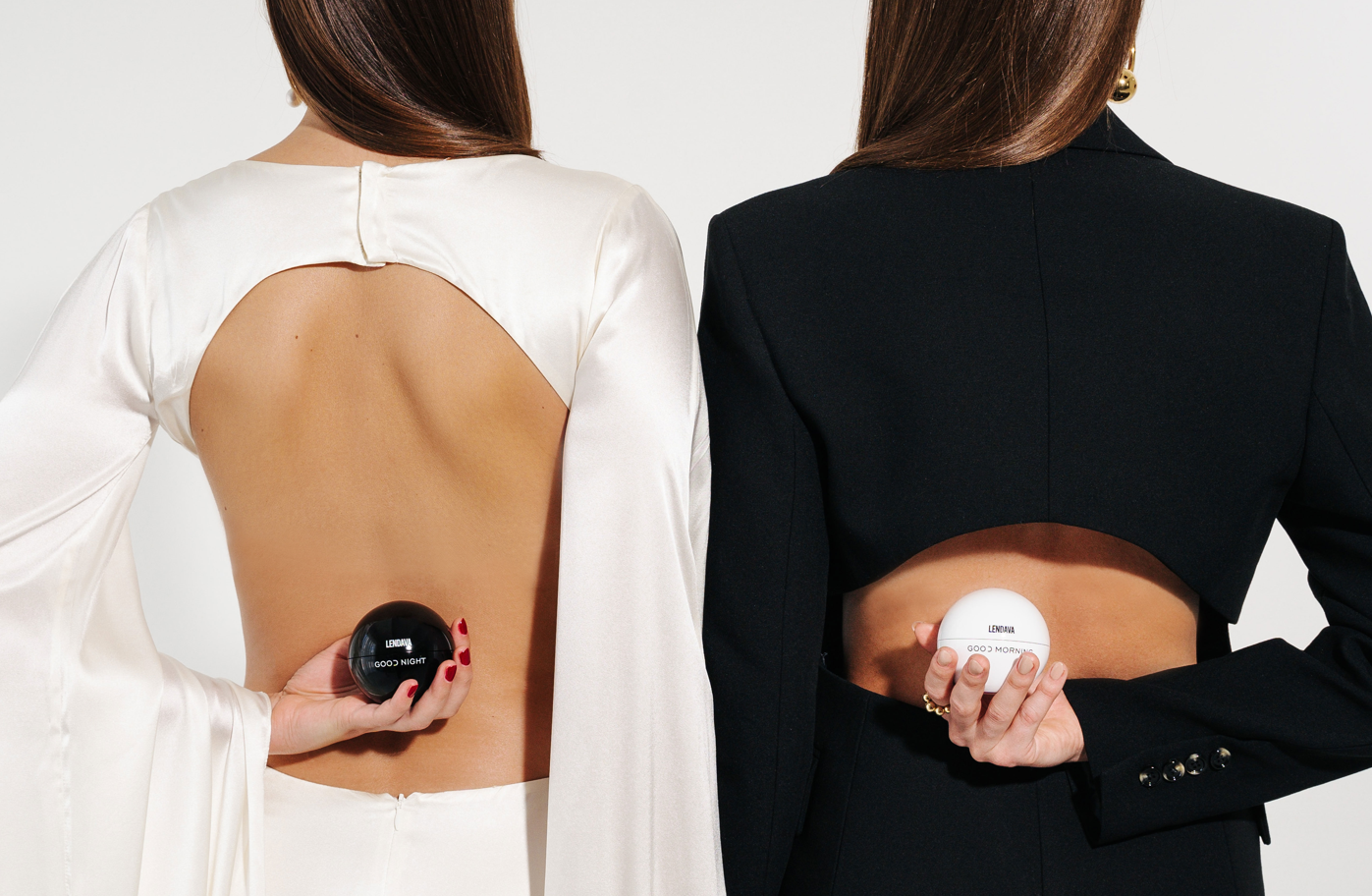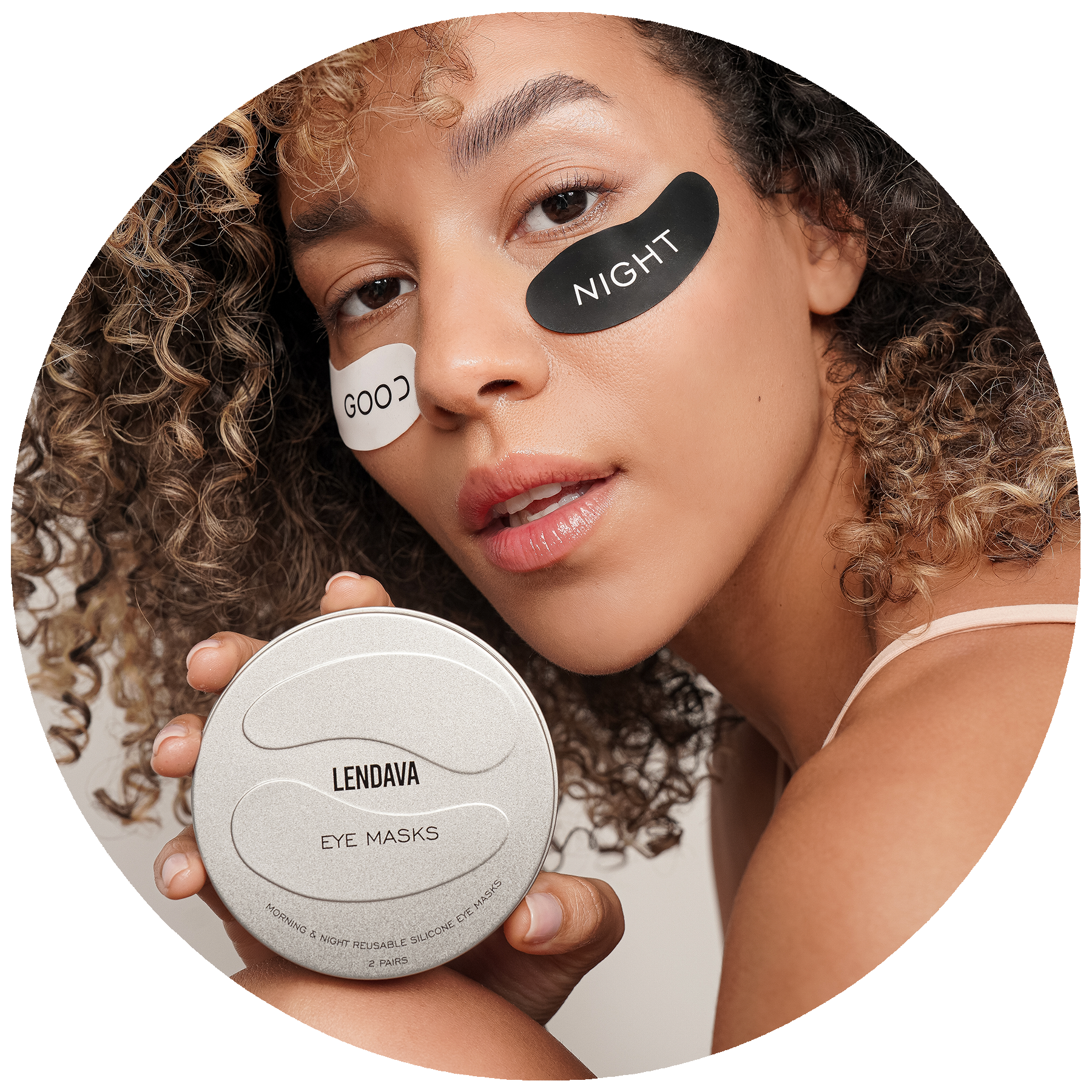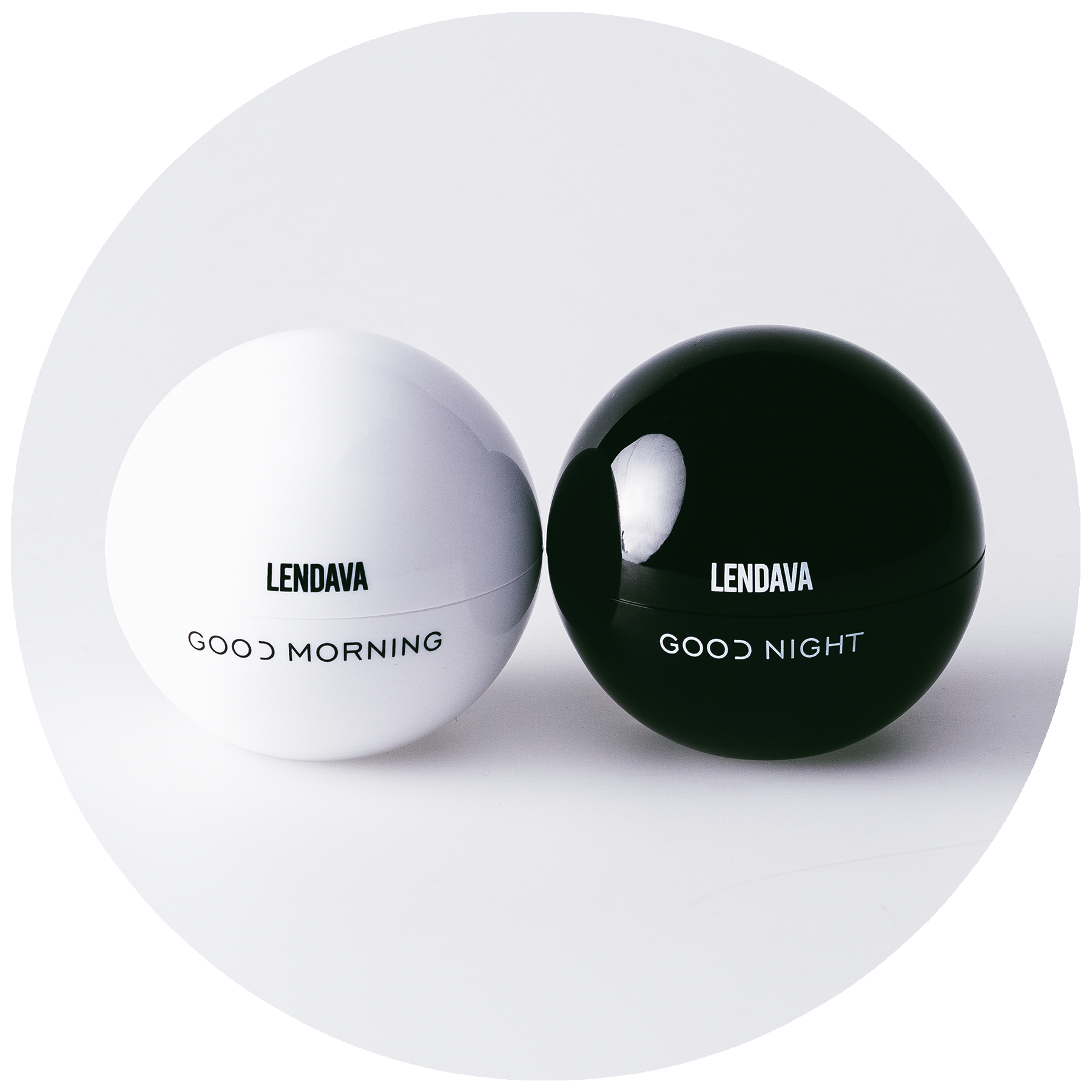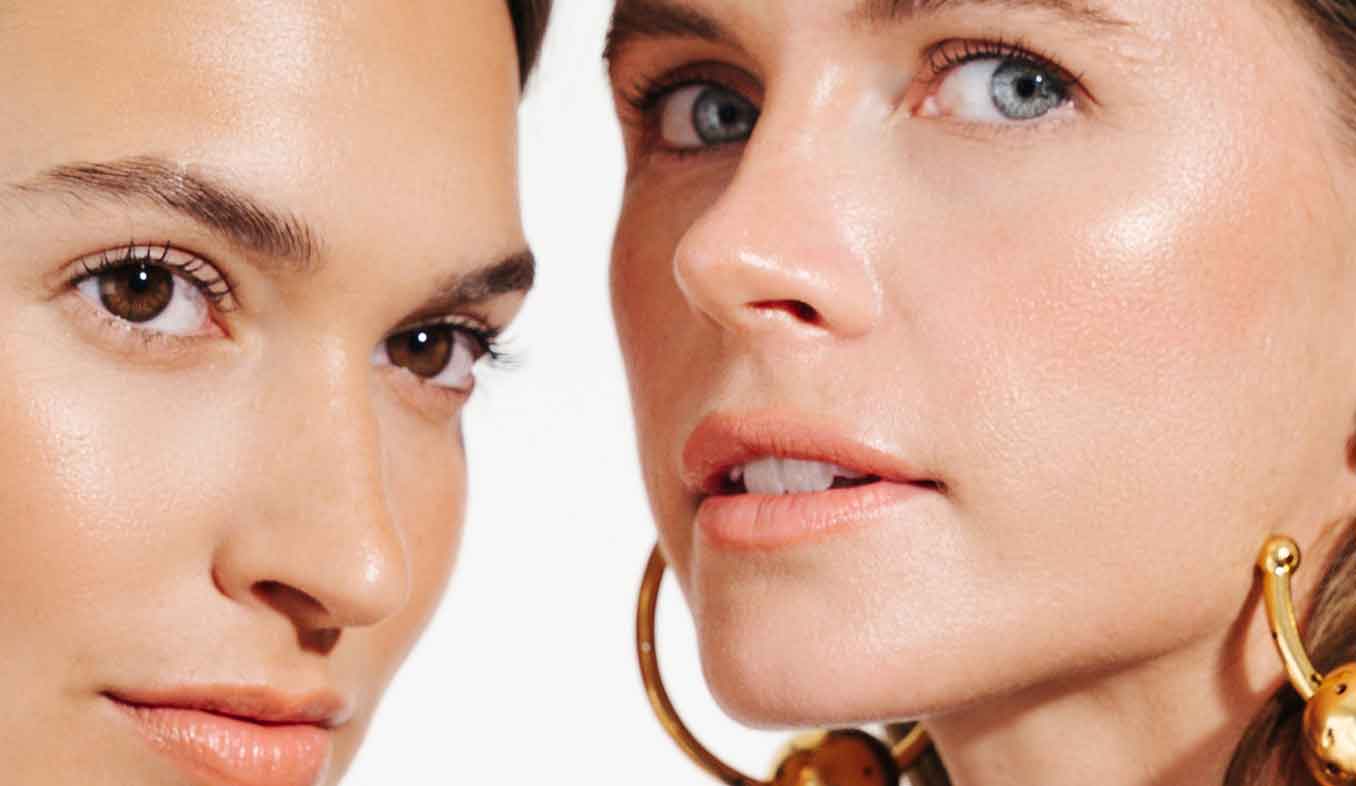
How many skincare products do we actually need?
HOW MANY SKINCARE PRODUCTS DO WE ACTUALLY NEED? LENDAVA INVESTIGATES
Less is more in many factors of life, but is this true for beauty? Kind of. Your skin doesn’t need as many products as the beauty industry tells you.
A regime of only a few hero skincare products might not make the most Instagram-able #shelfie. But instead, a simple routine will create healthier skin with many more benefits along the way.
Let’s dive into how many skincare products you actually need and why less really is more.
Less is more in skincare - here’s why
The more complicated your skincare routine becomes, the more problems you introduce to your skin. This is because the risk of inflammation increases as the number of skincare products (and ingredients) in your regime grows.
One common misconception about skincare is having a product for each skin concern. The problem is that this rarely helps, as layering products exposes your skin to more and more irritating ingredients. You’re fixing one problem but likely causing another by breaking down the skin’s microbiome.
Reducing the number of skincare products you use has many positive side effects too, like:
- Keeping more packing material and non-recyclable waste away from landfills
- Lessening fuel for shipping and delivery with fewer CO2 emissions
- Saving money spent on products your skin doesn’t even need
So... how many products does your skin really need?
Experts agree that human skin only needs 0 - 4 products to thrive regardless of your gender. The 4 essential products are:
- Cleanser - gentle and non-irritating, a cleanser should be used daily to remove makeup and environmental stressors like dirt and pollution.
- SPF - can be used daily (if you go outside often). Sun damage is the top factor for aging skin, so protecting it is essential.
- Moisturizer - is vital to deliver antioxidants and other repairing ingredients to the skin. This product can expand to a morning and night version (more on that next).
- Exfoliator - can be a product or a physical exfoliator but it must be gentle. Exfoliating acids like BHA and AHA can be harsh on the skin, so avoid using them regularly (if at all).
Morning vs. Night: What your skin needs
To keep skin plump and youthful, a quality moisturizer is a hero staple. It delivers essential skin-loving ingredients like antioxidants and vitamins while shielding skin from environmental stressors like changing temperatures and dehydration.
But, your skin can benefit from using daytime and nighttime moisturizer.
A daytime moisturizer should protect your skin from the signs of aging, irritation, dehydration, and pollution. Ingredients like Vitamin C and green tea can brighten the skin for a youthful glow while a lighter formula is ideal for daytime wear.
On the flip side, a nighttime moisturizer should act as an intensive regeneration treatment. Its luxurious, heavier texture is designed for ultimate hydration. Beneficial nighttime ingredients include peptides, antioxidants, vitamins like A, B, or E, and adaptogens like algae.
At different times, your skin needs different things, but that doesn’t mean more products. Just listen to your body and you’ll discover that an effective skincare routine doesn’t need a lot - just a few favorites.





